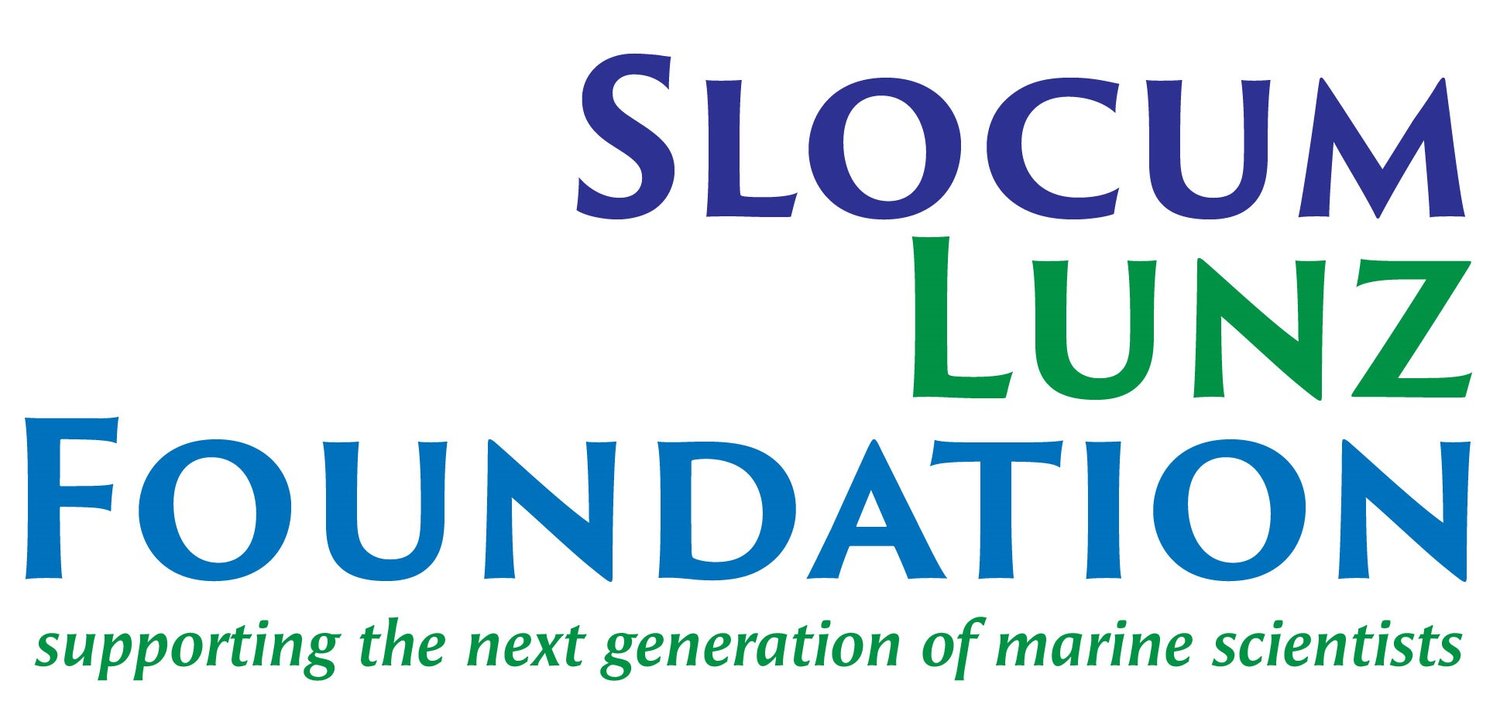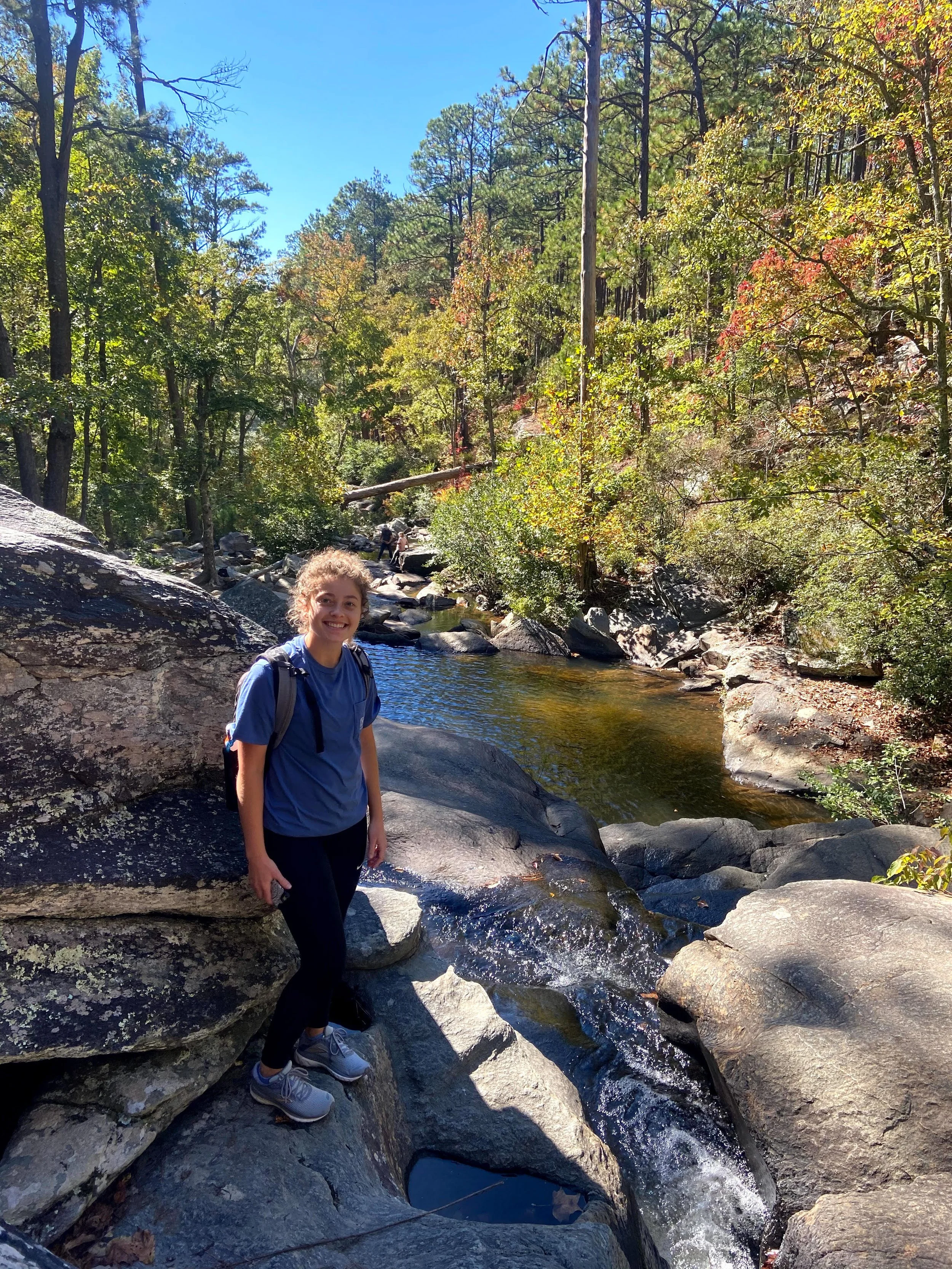
Anna Thornton
Graduate Program in Marine Biology
College of Charleston
Anna’s Story
Anna is originally from southeastern North Carolina, growing up on a farm as the middle child with two sisters, playing sports and reading ferociously. In kindergarten, the three things she wanted to be switched between a farmer, a veterinarian, and a marine biologist. Later, she graduated valedictorian of her high school and attended the University of Alabama, majoring in biology and English with a minor in Blount Undergraduate Initiative. She was introduced to research at UA, assisting with a project on the effects of endocrine-disrupting chemicals on killifish embryos (Kryptolebias marmoratus) through behavior experiments and qPCR. She is currently living out her childhood dream to be a marine biologist at the College of Charleston in the Graduate Program for Marine Biology. She is still an avid reader and outdoors-person, spending her days on a hammock, at the beach, or exploring Charleston and the surrounding area, always with a book in hand. She is also the proud parent of a tail-less cat named Scout, who has a big personality and lots of attitude. As a naturally curious individual who genuinely loves learning, working in science enables Anna’s curiosity and allows her to learn new things every day. Science encourages her to keep an open mind while continuously altering her worldview.
Anna’s Research
Anna’s thesis project is focused on exploring the effects of perfluorooctane-sulfonate (PFOS) on two fish species, Sciaenops ocellatus (red drum) and Cyprinodon variegatus (sheepshead minnow), at two different temperatures. As part of the PFAS chemical group, PFOS was historically used to repel oil and water in consumer products and as a main component in fire-fighting foams. PFOS contains a long fluorine-carbon chain with a sulfonate group; as a result, it does not biodegrade easily, but biomagnifies and bioaccumulates in ecosystems. The two species of fish that Anna is working with, red drum and sheepshead minnow, are abundant in South Carolina estuaries, acting as recreationally and ecologically important species. PFOS has been detected in S.C. estuarine fish tissues, but information is lacking regarding potential impacts to estuarine fish health and survival. In addition, climate change and rising temperatures may alter both organism physiology and the bioavailability of chemical contaminants. To understand the interaction of PFOS and temperature, Anna will conduct acute toxicity exposures with juvenile red drum and adult sheepshead minnows. Fish survival (LC50 values), respiration rate, endocrine response (thyroid and cortisol hormone levels), and oxidative stress levels will be assessed. It is hypothesized that PFOS toxicity will increase under elevated temperature conditions, and Anna hopes that her thesis research will provide insights into the mechanisms of PFOS toxicity on two estuarine fish species. Knowledge of how important fisheries respond to the combination of PFOS and elevated temperatures will be essential for creating conservation and management plans in the future.



